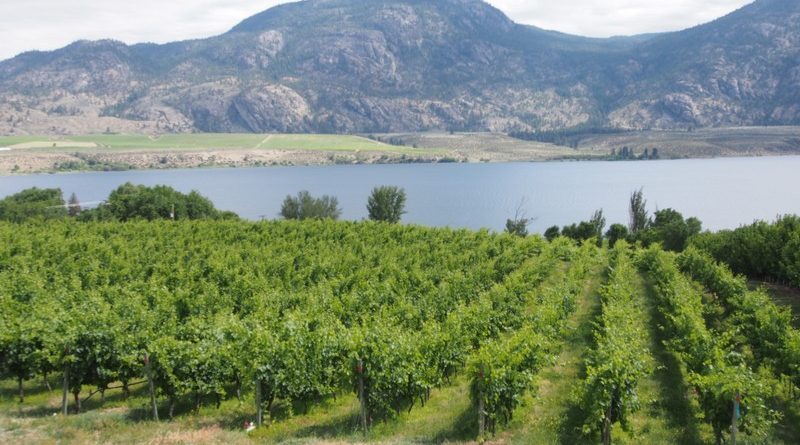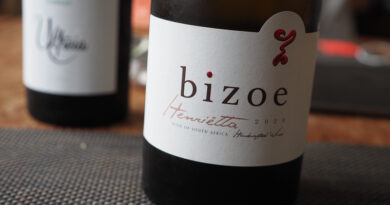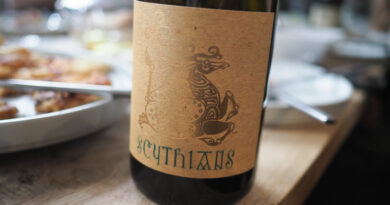Bad news from the Okanagan and other regions in BC, Canada: no grapes to be harvested in 2024
Some bad news from the Okanagan Valley in Canada, the country’s second largest wine region. This is a region that is used to cold winters, but they rarely get winters cold enough to damage grape vines. But, for a second winter in a row, temperatures have dipped below -20 °C, which is normally cold enough for some damage to occur to Vitis vinifera varieties, which aren’t particularly cold hardy.
On January 11-15 there was a cold snap and significant periods below 20 °C were experienced. The authors of this new report described how researchers then took thousands of bud samples from 32 different varieties in 9 BC wine regions, and dissected them to look for primary and secondary bud survival. There were no signs of life. Often, cold temperatures will damage the primary buds, and then secondary buds take over and can produce at least some crop. The bad news here is that even these secondary buds died.
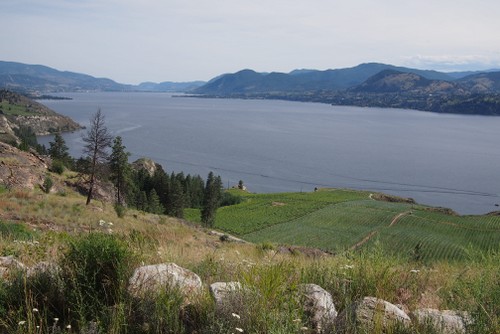
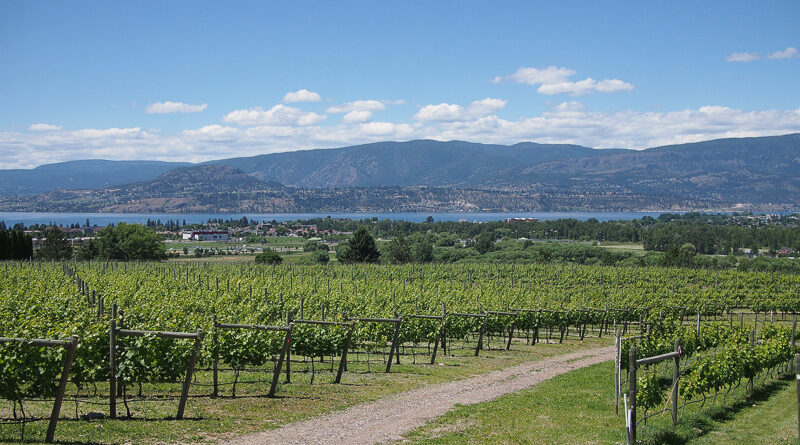
This is the second year in a row that there has been a vine-damaging cold snap. The 2023 vintage in BC’s wine regions was down 58%, and a similar survey to this one was close in its predictions suggesting a 56% reduction in crop from bud dissections and then extrapolation across the region by grape variety.
In 2024, based on these predictions, harvest will be 97-99% down across BC. BC has several regions with by far the most significant being the Okanagan, and then the Similkameen, followed by Vancouver Island. The only regions with grapes this year will be Vancouver Island and the Fraser Valley, it seems.
After the previous year’s freeze, 29% of vineyards needed replanting. This year, the permanent damage to vines is unknown.
Some varieties are more susceptible than others. In 2023 in the Okanagan, Syrah was hit worst (72% down) with Merlot (66% down next; this is the Okanagan’s most widely planted variety). Riesling is the most hardy (41% down) and Cabernet Franc is also tough (47% down), as is Chardonnay (47% down).
For now, our thoughts are with all the winegrowers who are facing a year of farming with no crop and no revenue.

